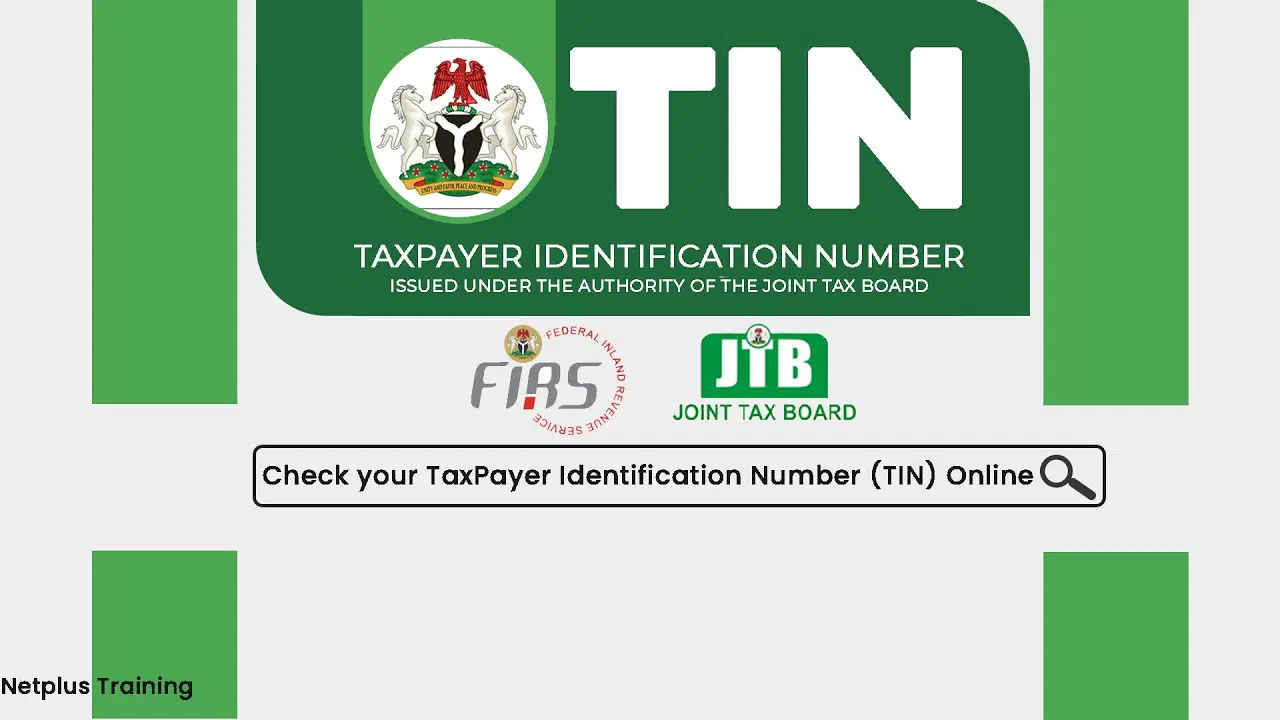The federal government of Nigeria has launched a national Electronic Fiscal System (EFS) to modernise tax administration, reduce tax evasion, and improve revenue collection transparency.
According to the Federal Inland Revenue Service, the EFS, which integrates an electronic invoicing system called the Merchant-Buyer Model, went live on August 1, 2025, following a successful pilot phase that started in November 2024.
The first phase focuses on big businesses
The first phase focuses on big businesses with at least N5 billion annual sales. The platform assures invoices’ authenticity, correctness, and completeness while giving the FIRS real-time visibility into business transactions. It is designed to help taxpayers comply with tax laws more quickly, easily, and transparently.
According to a statement released on Sunday by Dare Adekanmbi, the Special Adviser on Media to the FIRS Chairman, at least 1,000 companies, or 20 per cent of the more than 5,000 eligible firms, have adopted the system and started integrating with the FIRS MBS platform in less than two weeks since its launch.
The remaining large taxpayers need to finish their integration and onboarding before the new deadline of November 1, 2025.
The original deadline was extended by three months to accommodate businesses that genuinely tried to meet the original deadline of August 1 but encountered operational difficulties.
“MTN Nigeria became the first taxpayer to transmit live electronic invoices to the FIRS, officially ushering in the e-invoicing regime. Huawei Nigeria and IHS Nigeria have also concluded test transmissions and are set to go live in the coming days,” the revenue agency said.
Access point providers
The FIRS has integrated service providers into the ecosystem to serve as access point providers and system integrators in partnership with the National Information Technology Development Agency.
These suppliers will assist taxpayers with the onboarding, system integration, and invoice transmission procedures.
The FIRS encouraged all remaining eligible companies to take advantage of the extended deadline to comply and praised big taxpayers, tax consultants, and service providers for their collaboration and dedication to the project’s success.
The e-invoicing solution is being implemented in stages, with the onboarding of medium-sized and startup companies coming after the large taxpayer group.
In line with international best practices, it advances the Federal Government’s overarching goals of improving revenue assurance, decreasing tax evasion, and standardising revenue reporting under the Nigeria Revenue Services Reform Act.
Stakeholders’ engagement to ensure seamless transition
Ahead of the November deadline, the FIRS said its e-Invoicing Implementation Team will keep hosting town hall meetings, webinars, and workshops for stakeholders to ensure a seamless transition.
President Bola Tinubu’s comprehensive reform agenda, which targets tax evasion and dispersed revenue collection, has significantly strengthened Nigeria’s tax system.
Under the direction of Taiwo Oyedele, he established a Presidential Committee on Fiscal Policy and Tax Reforms to address the system’s flaws, inefficiencies, and multiple taxes.
The Nigeria Tax Act and the Tax Administration Act are two of four new laws that will go into effect in January 2026.
They require mandatory disclosure of beneficial ownership, digital registration, and stricter reporting guidelines to reveal hidden income behind shell corporations.
Additionally, the laws mandate transparency for transactions primarily designed to obtain tax benefits.











